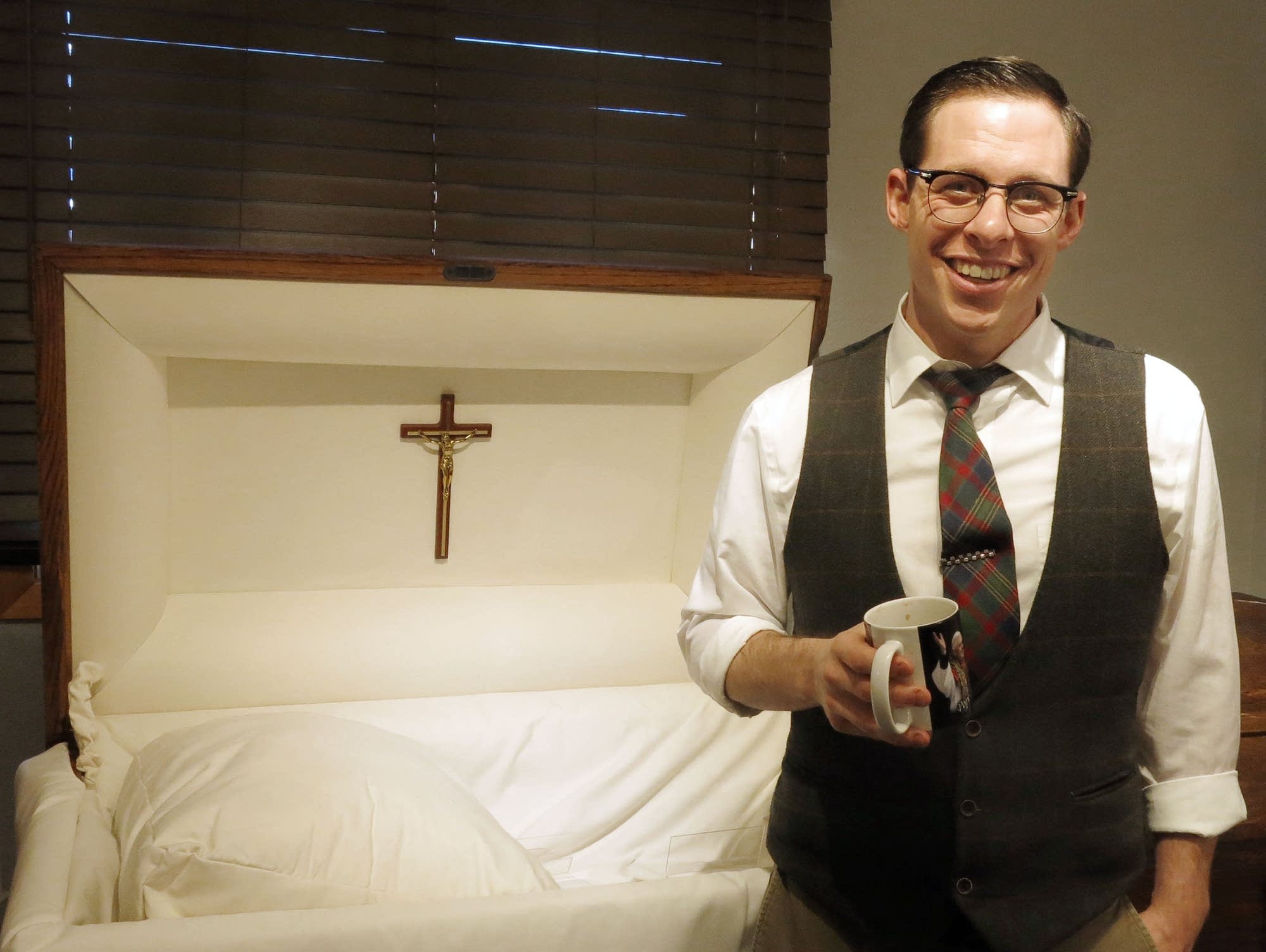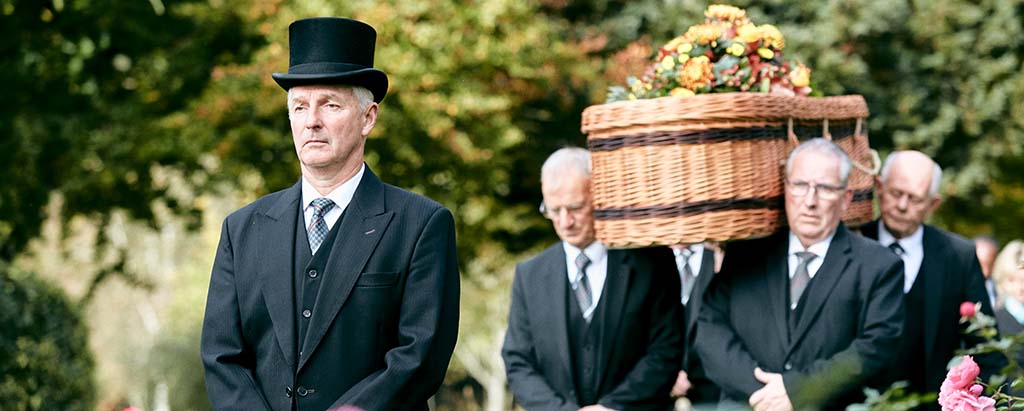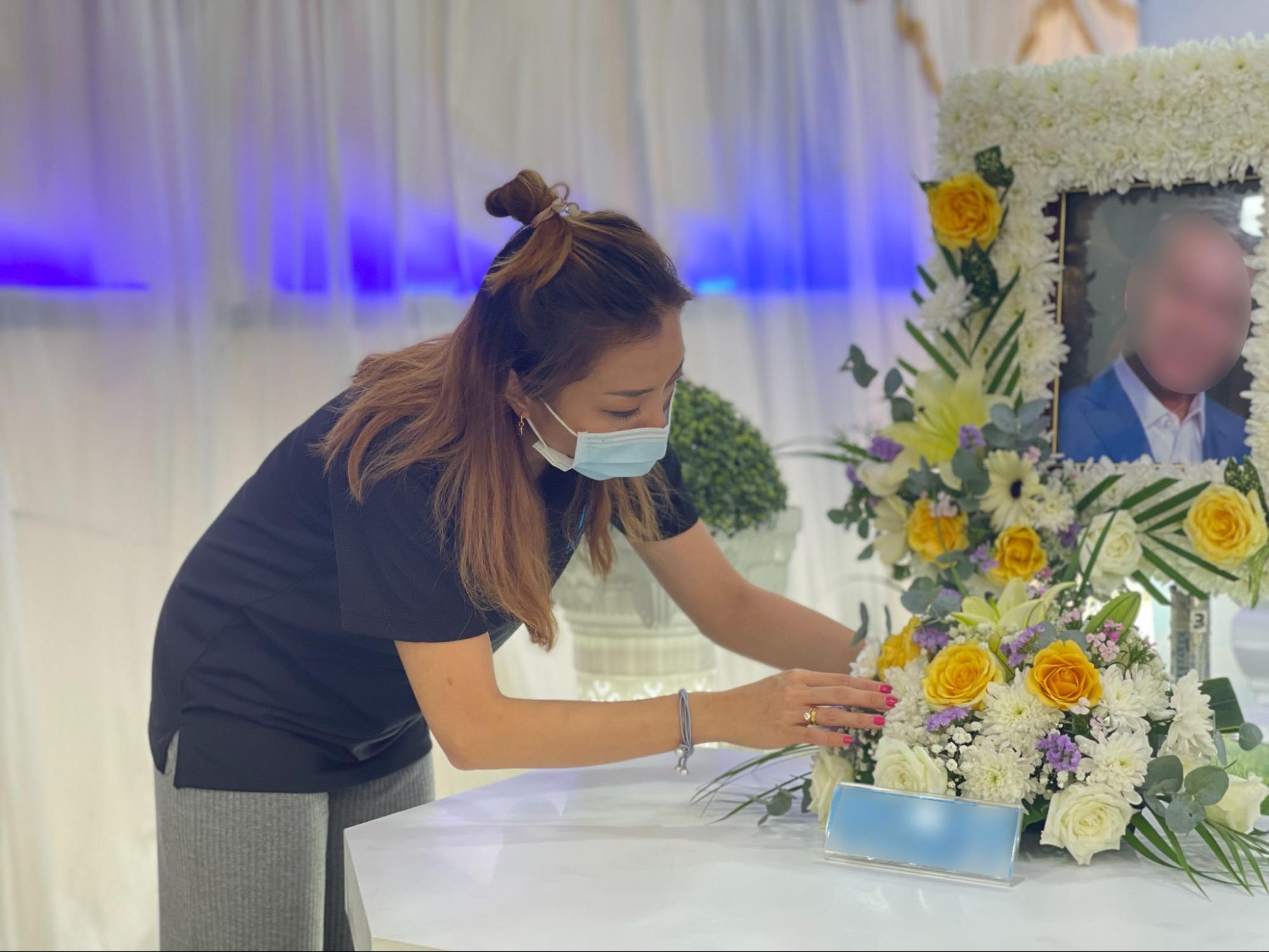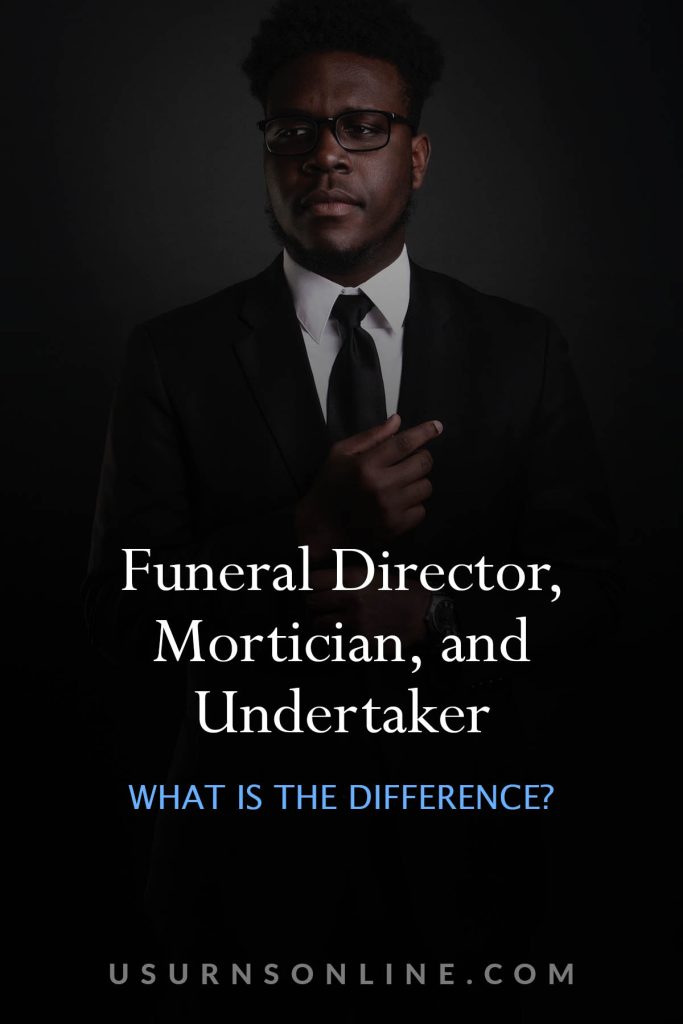Table of Contents
- High-paying jobs you can get with an associate degree - Business Insider
- Role of a Funeral Director
- Mortician Funeral Director
- Funeral Director/Embalmer
- Undertaker, Embalmer, Mortician & Funeral Director: What’s the Difference?
- 20 Professions That Attract the Worst Types of People - Wtf Gallery ...
- Role and responsibilities of a funeral director
- Funeral Director: Role, Career & Salary Of A Mortician
- Female Funeral Director, Aged 29, Shares Her Outlook On Life
- How Can a Funeral Director Help with Arranging a Funeral? What You ...



What is a Funeral Director?



Responsibilities of a Funeral Director



